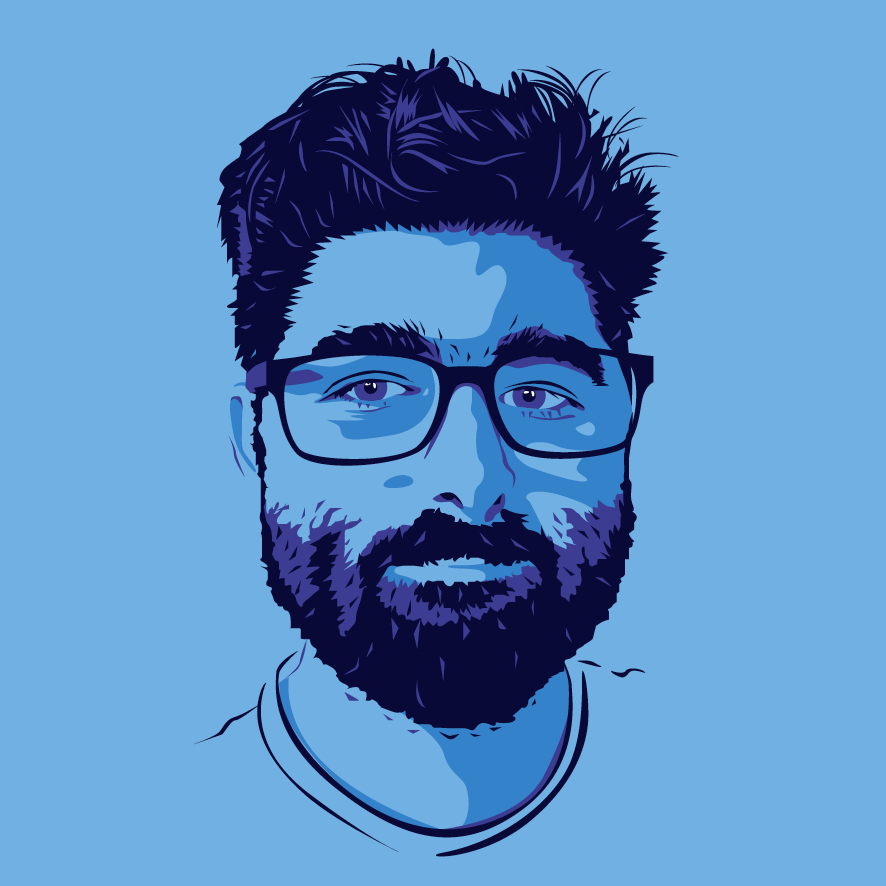The Dead Cells developers are game-jamming their next project
Motion Twin is taking a unique approach.
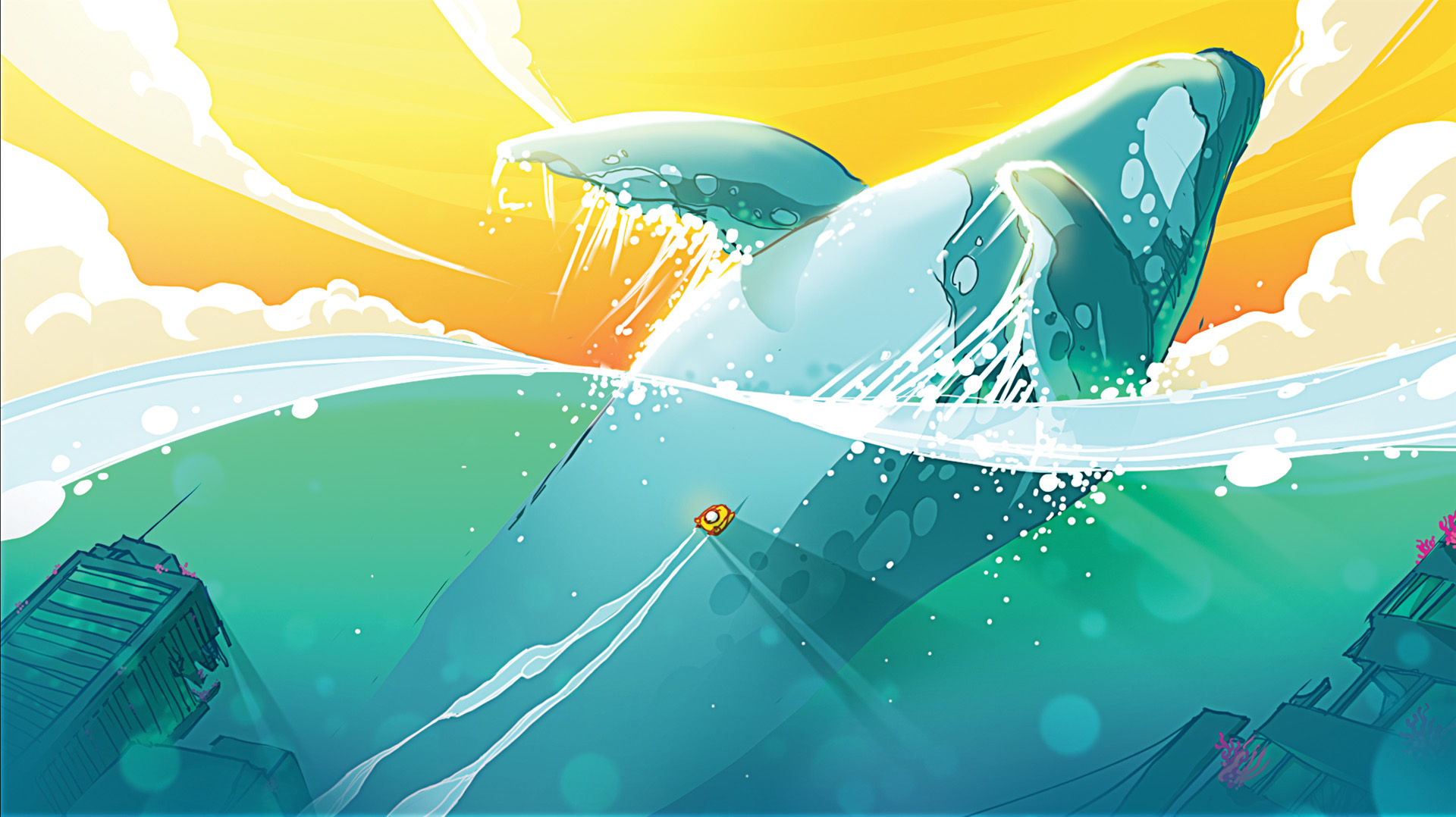
'What’s next?' For an independent studio riding high after a big hit it’s an exciting question, and a daunting one. After the success of its excellent action roguelike Dead Cells, Motion Twin is in the process of deciding what to do. In a normal studio the higher-ups would get together, make a decision, and then tell the rest of the studio what to make. Motion Twin is different. Visit their website and you’ll see the message "NO BOSS" proudly displayed on the front page. No-one at Motion Twin has a job title, and everyone has an equal share in the company.
That’s great for staff members who get to take home a share of Dead Cells’ success, but it comes with unusual challenges, especially when the studio needs to make a big decision about its future. When I arrive at the Bordeaux studio a small team has been generating prototypes for four months. One programmer is working on a Sekiro-inspired third-person combat system. Another leads me through a slideshow of gorgeous concept art, explaining how the prototyping process works.
It’s fluid, and ruthless. A designer might inspire an artist to create some concept pieces, and the concept pieces influence the designer’s idea of what the game might be. The moment the idea runs into major problems, it’s killed. The best bits are pillaged, and might make their way into future prototypes. At some point, organically, the team hopes to arrive at an idea that everyone believes in.
Twin studios
The prototyping team is small, and made up of Motion Twin veterans. The rest of the team consists of newer staff members, and they work on upcoming updates for Dead Cells. In a flat business structure it’s difficult to keep team members focused on separate projects. Motion Twin does this by existing, technically, as two businesses. The Dead Cells division is called Evil Empire.
"On a daily basis, it’s like we are just working together every day," says Motion Twin vet Sébastien Bénard.
"But we decided to make a different company to manage everything which is Dead Cells related, just to make sure that we can actually be part of the team which is focused on making new things without any interference."
The two teams sit side by side in a small open-plan office, and move around regularly to show each other work. Evil Empire generates ideas for new Dead Cells updates, but these ideas are still approved by former Dead Cells developers at Motion Twin. It shows that even in a 'no boss' environment, there are hierarchies, they’re just less visible than they would be in a conventional studio. The advantages are clear, however. Team members freely offer feedback on prototypes and concept pieces. Artists are free to make game design suggestions. The designer might disagree, or incorporate the feedback in future builds.
The biggest gaming news, reviews and hardware deals
Keep up to date with the most important stories and the best deals, as picked by the PC Gamer team.
The structure challenges the idea that employees in creative industries must specialise in just one discipline and stay shut out of others. A programmer needn’t just be a programmer, even if that’s their main day-to-day role. Of course this only works if the team isn’t too large. Scaling up is a significant challenge for Motion Twin. Every new hire introduces a new voice and potentially affects the cut that everyone takes home from a project. There are practical office considerations too. Everyone needs to be able to move around and talk freely without disrupting each other.
Flat pack
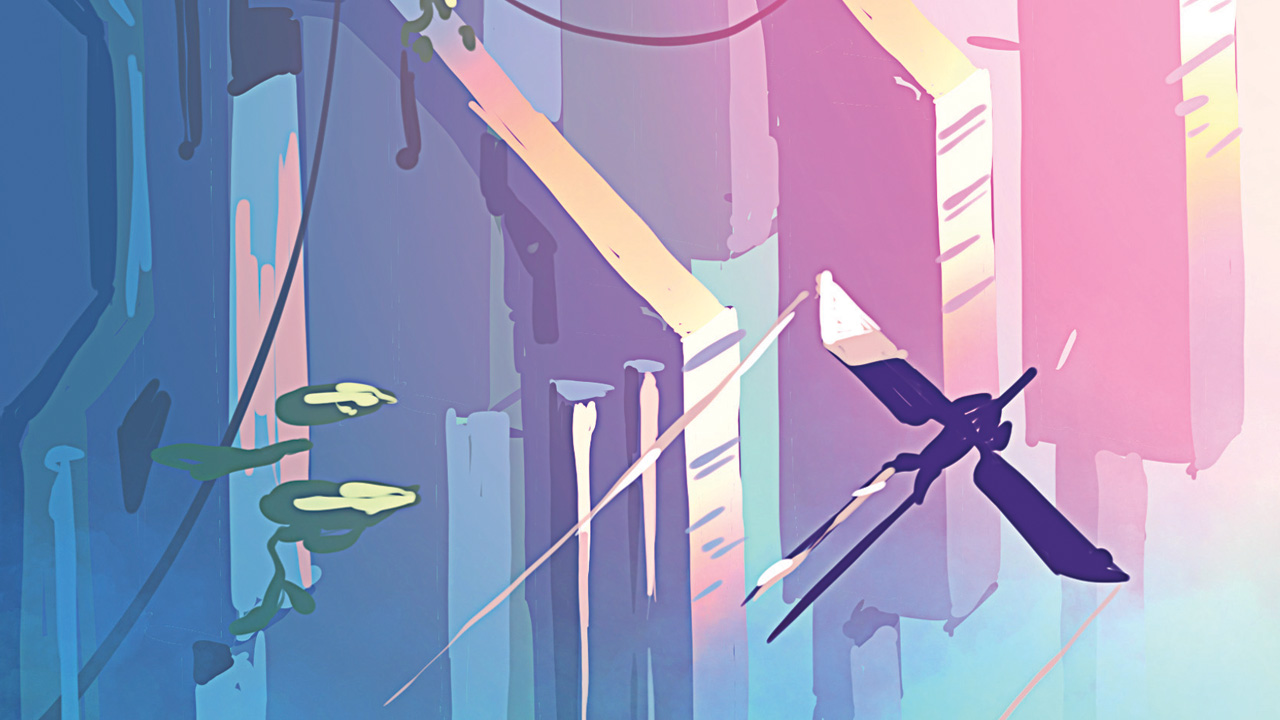
PC Gamer has visited hundreds of studios all over the world, but this one is not quite like any other. Motion Twin and Evil Empire has an informal structure like Valve, but with a profit share system rather than a peer-reviewed pay system. The team is small and great at generating ideas, but there’s an underlying pragmatism to the prototyping process. The team are also testing engines, workshopping creative processes to answer essential questions like ‘how long does it take to create an attack animation’—this is the gritty organisational work that underpins game development.
Scroll down to move through some of Motion Twin’s beautiful concept art. The team’s keen to stress that its next title probably won’t look like this—it’s all experimentation. But, when its follow-up does come out, return to these pics, and maybe you’ll see the shadow of an idea that survived and found its way to the finished game.
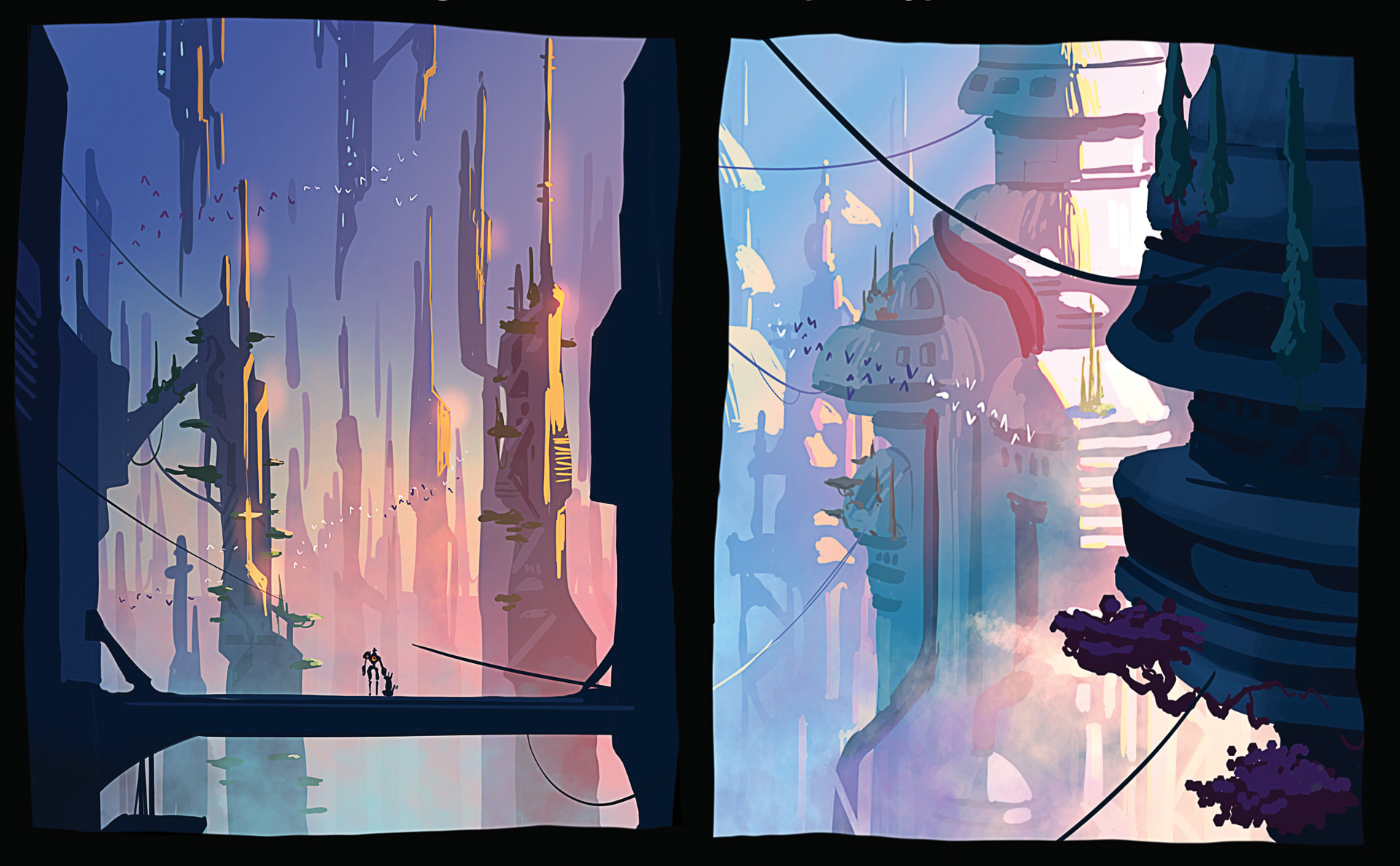
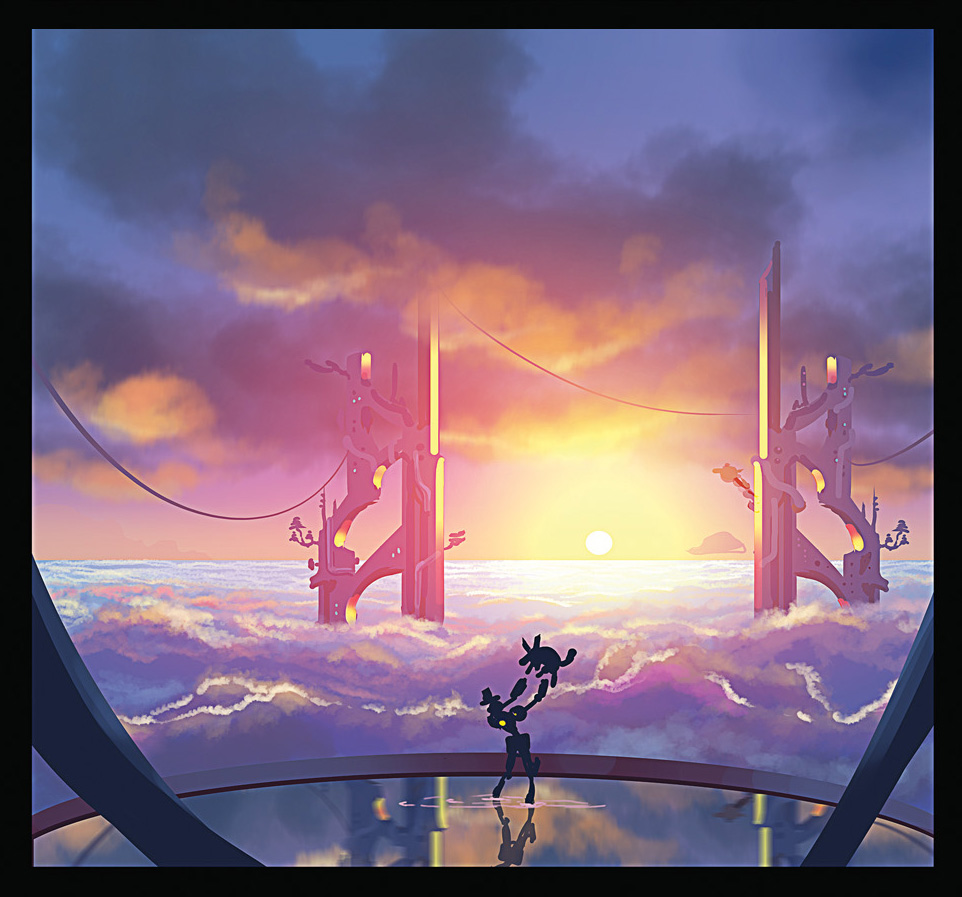
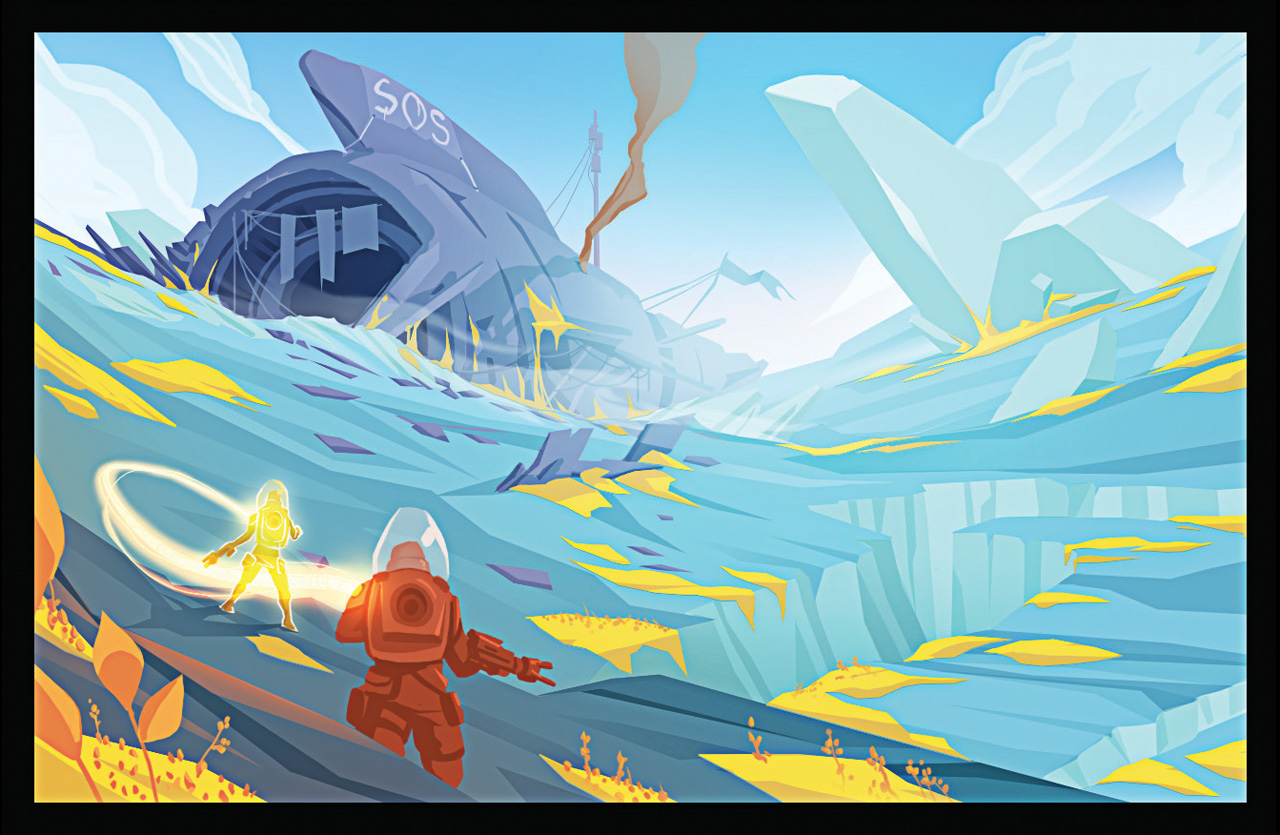
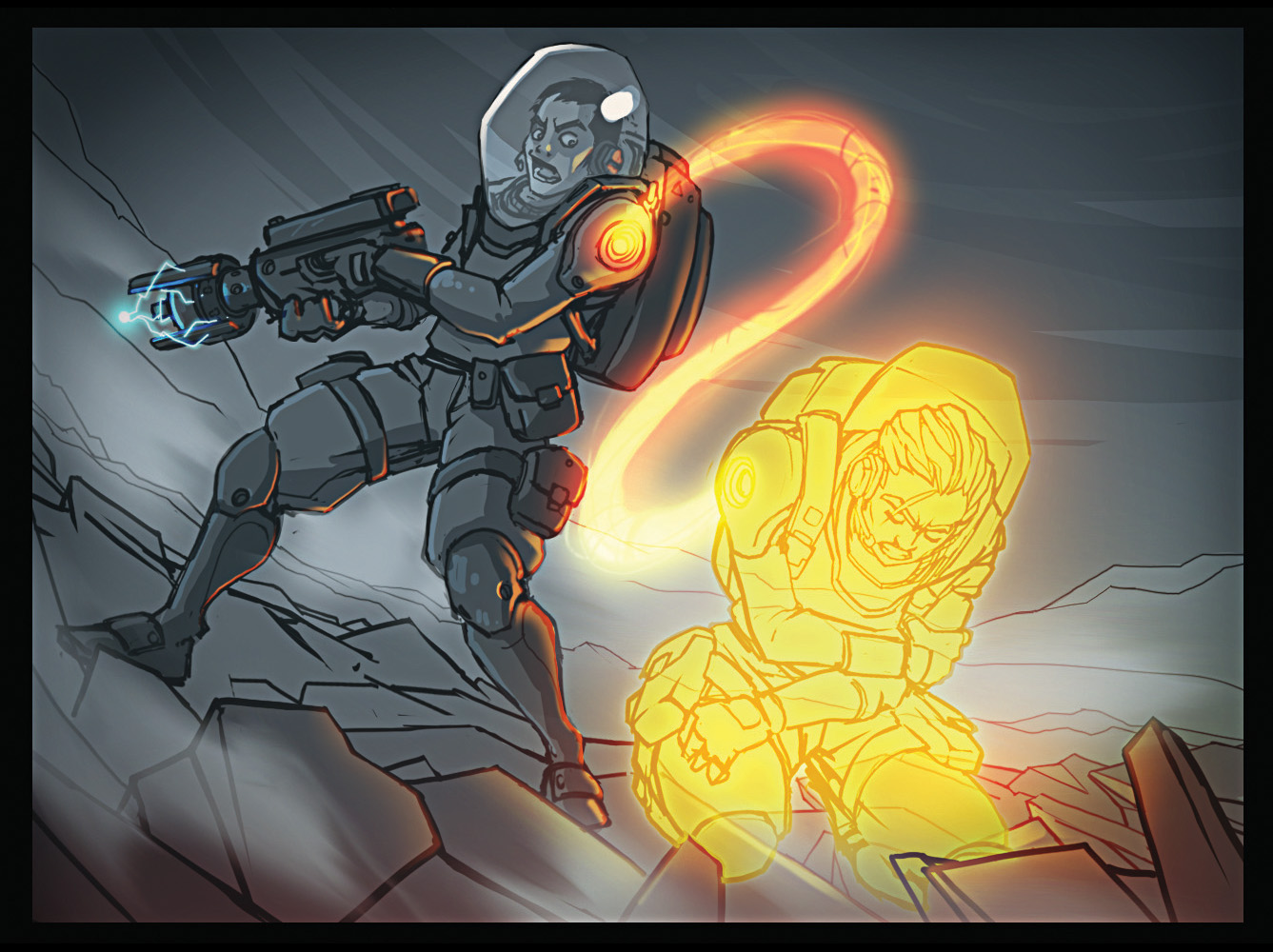
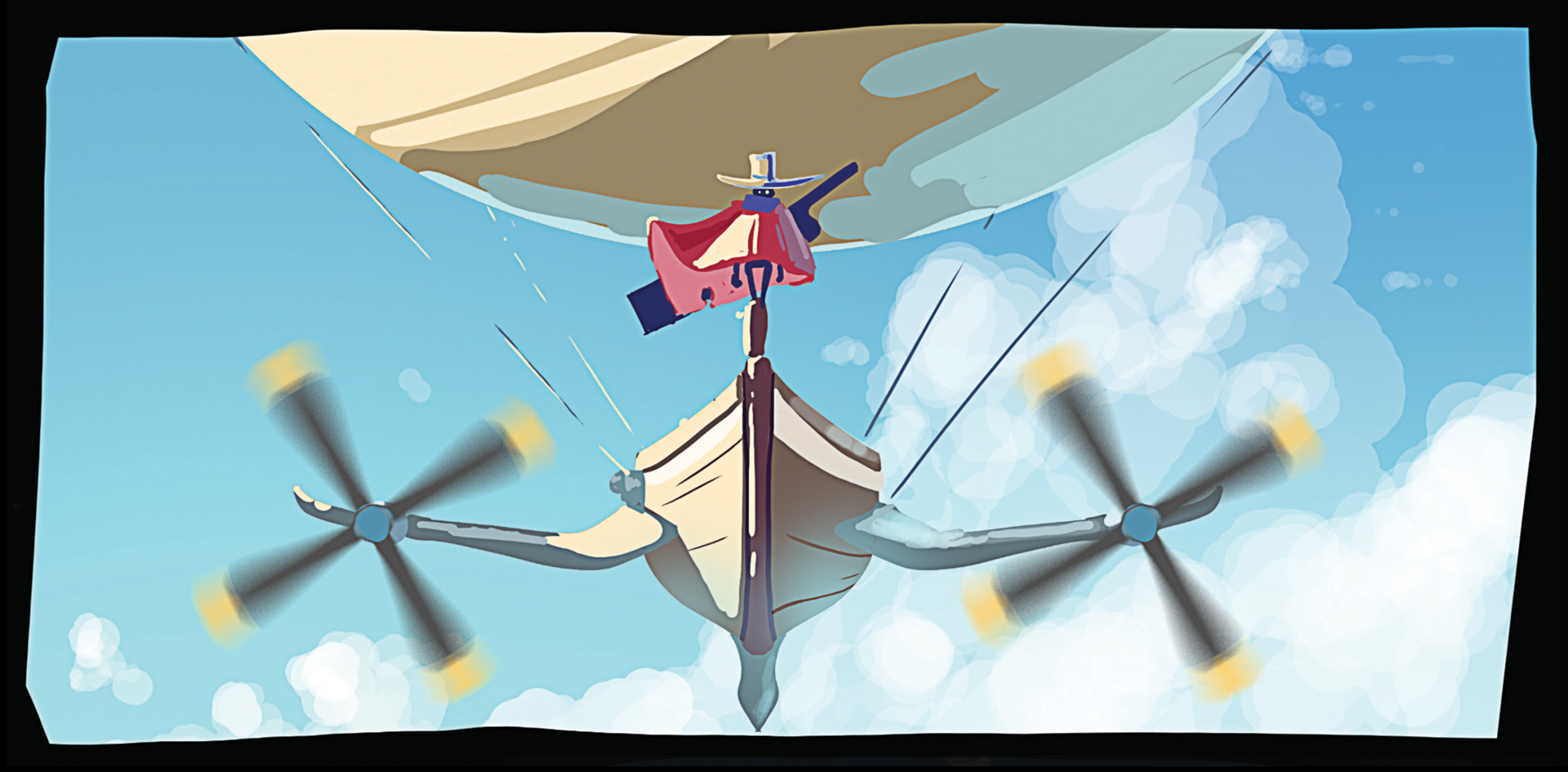
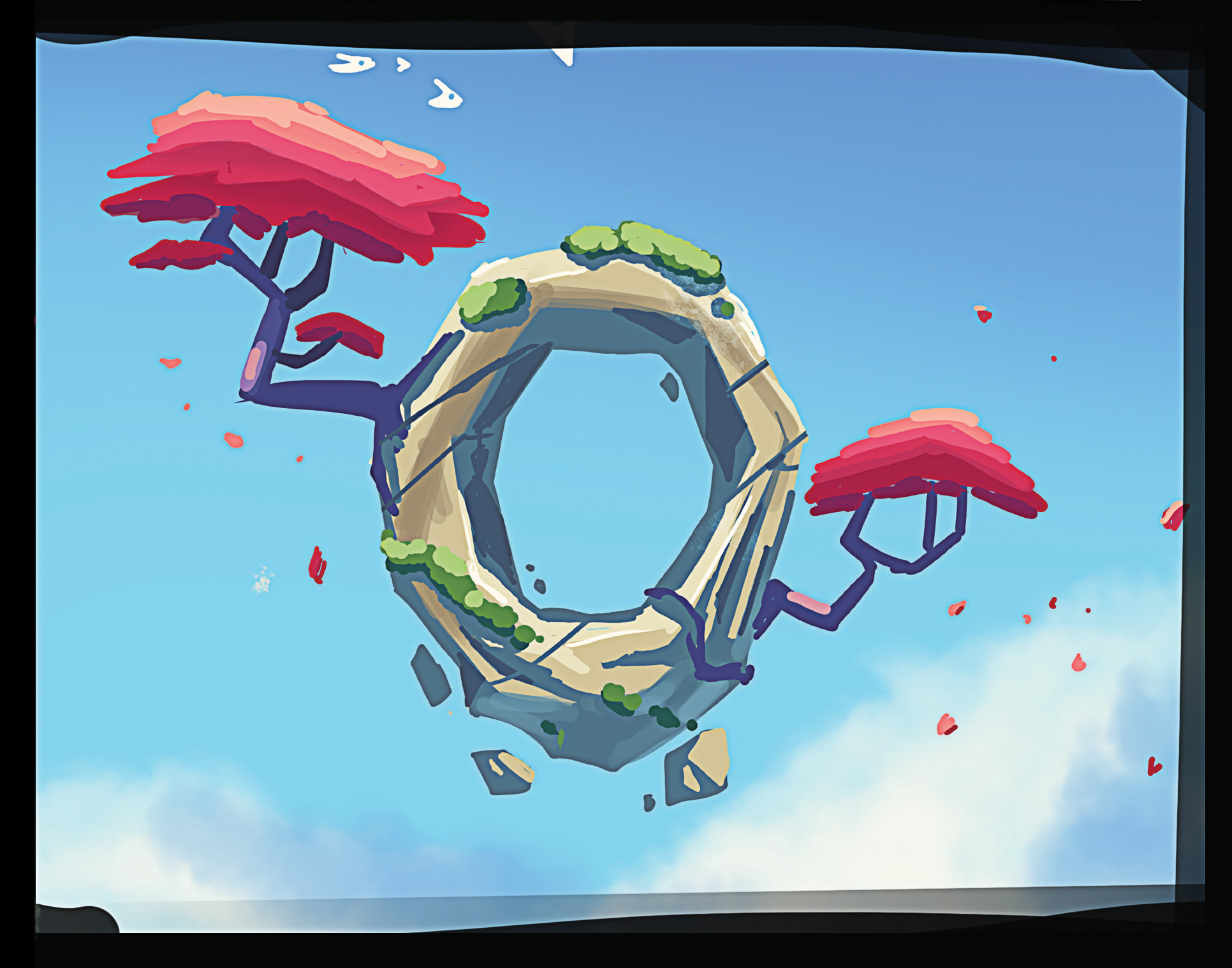
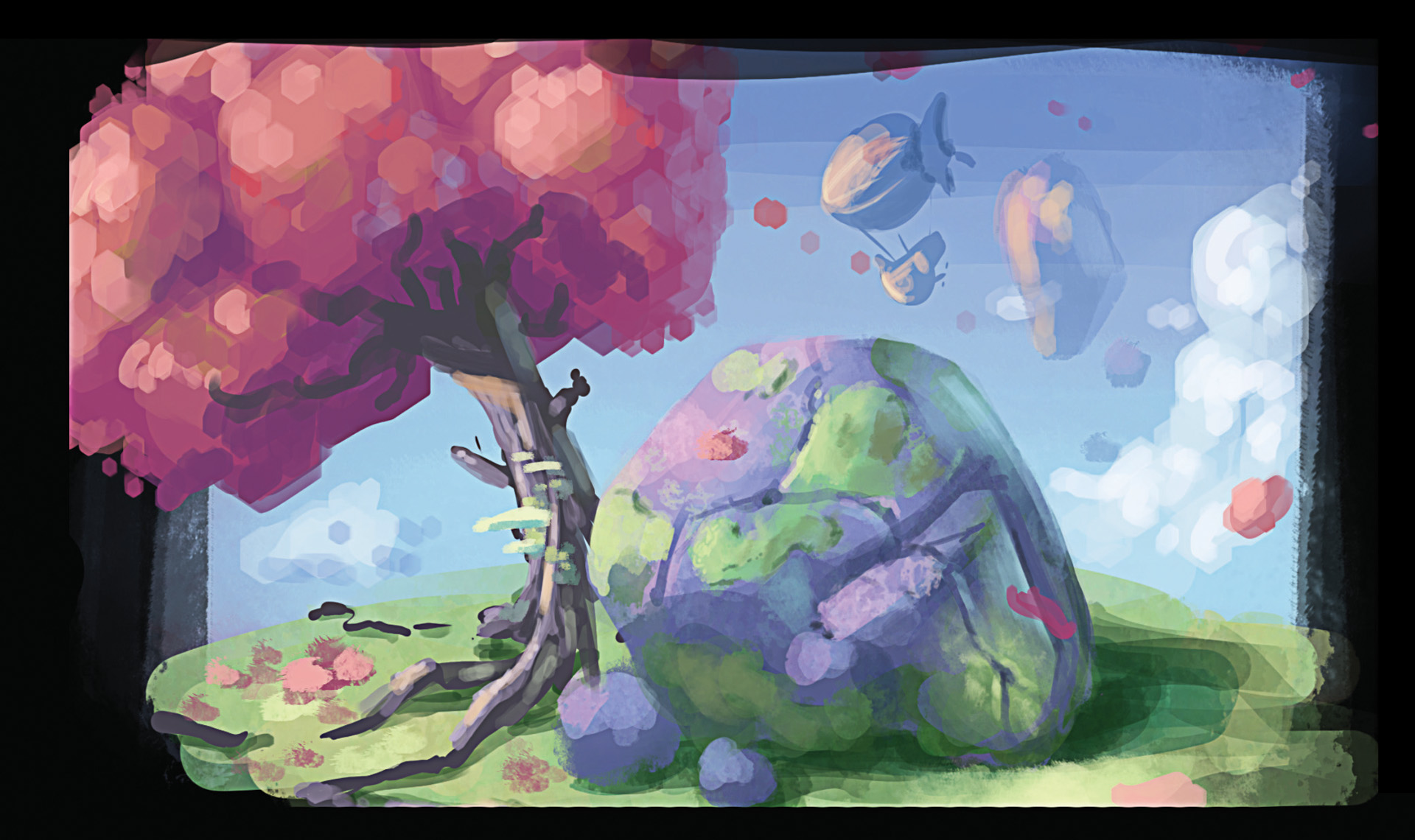
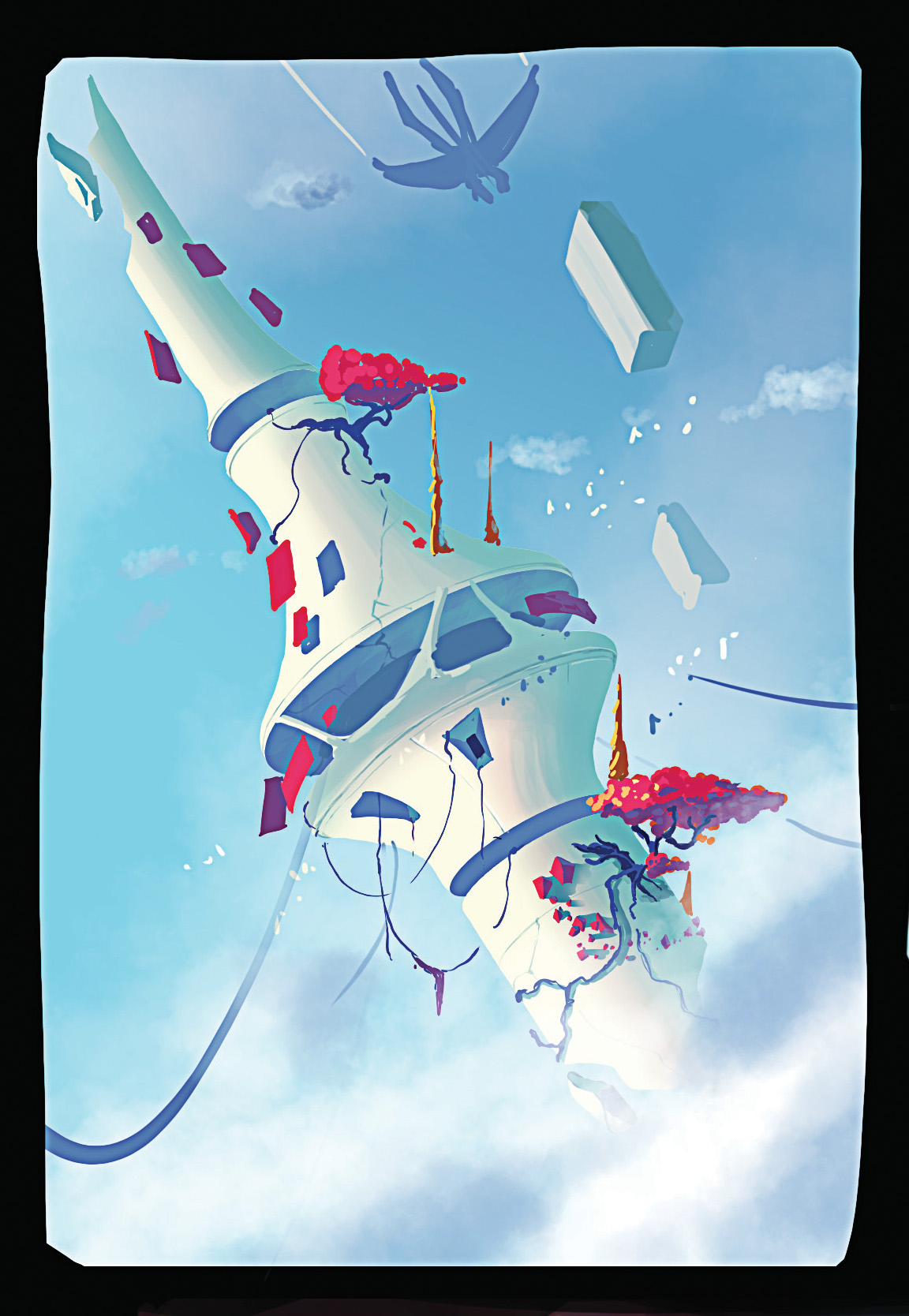
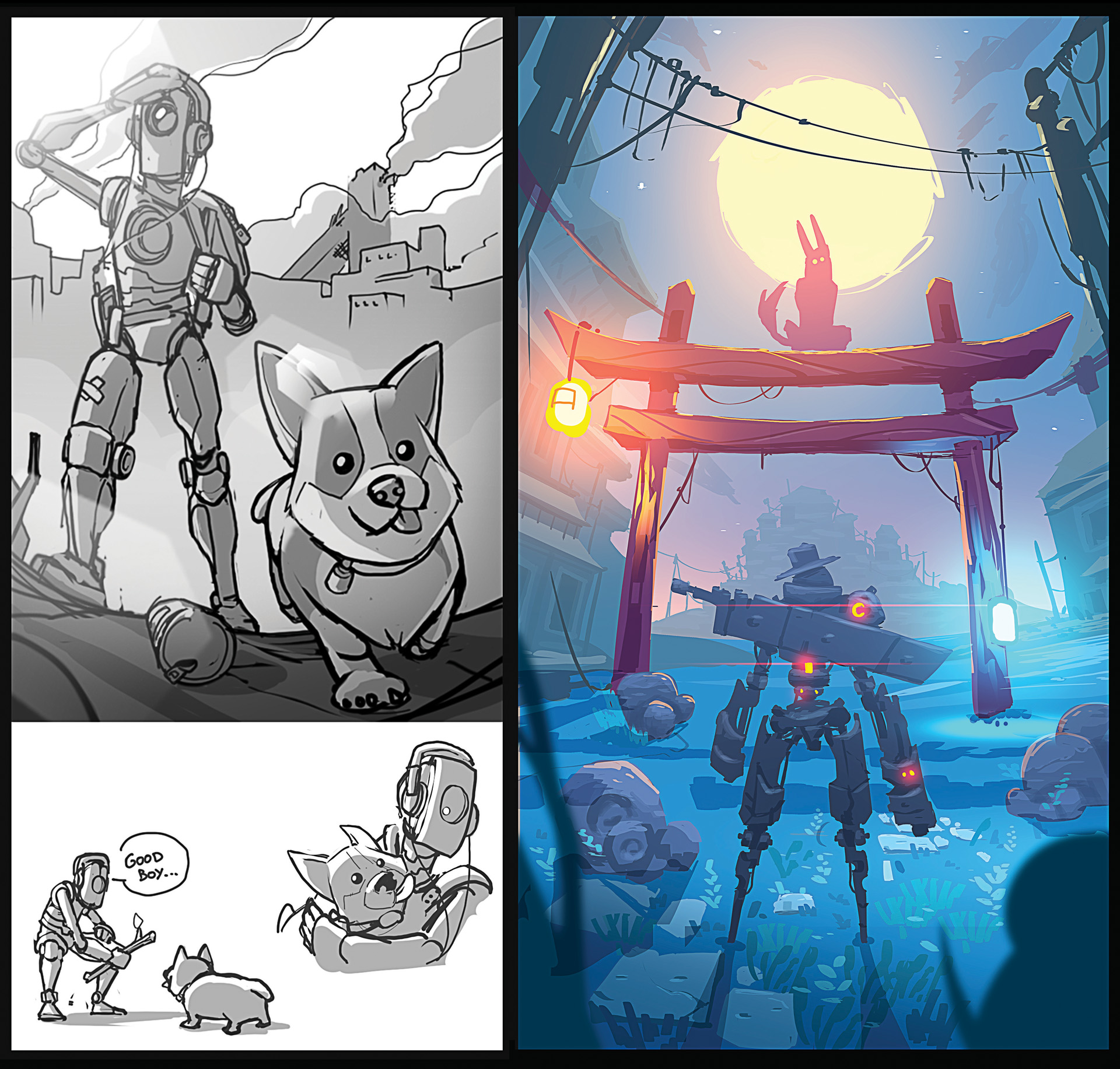
Subscribe to PC Gamer magazine
This article was originally published in PC Gamer UK issue 336. For more quality articles about all things PC gaming, you can subscribe now in the UK and the US.
Part of the UK team, Tom was with PC Gamer at the very beginning of the website's launch—first as a news writer, and then as online editor until his departure in 2020. His specialties are strategy games, action RPGs, hack ‘n slash games, digital card games… basically anything that he can fit on a hard drive. His final boss form is Deckard Cain.
